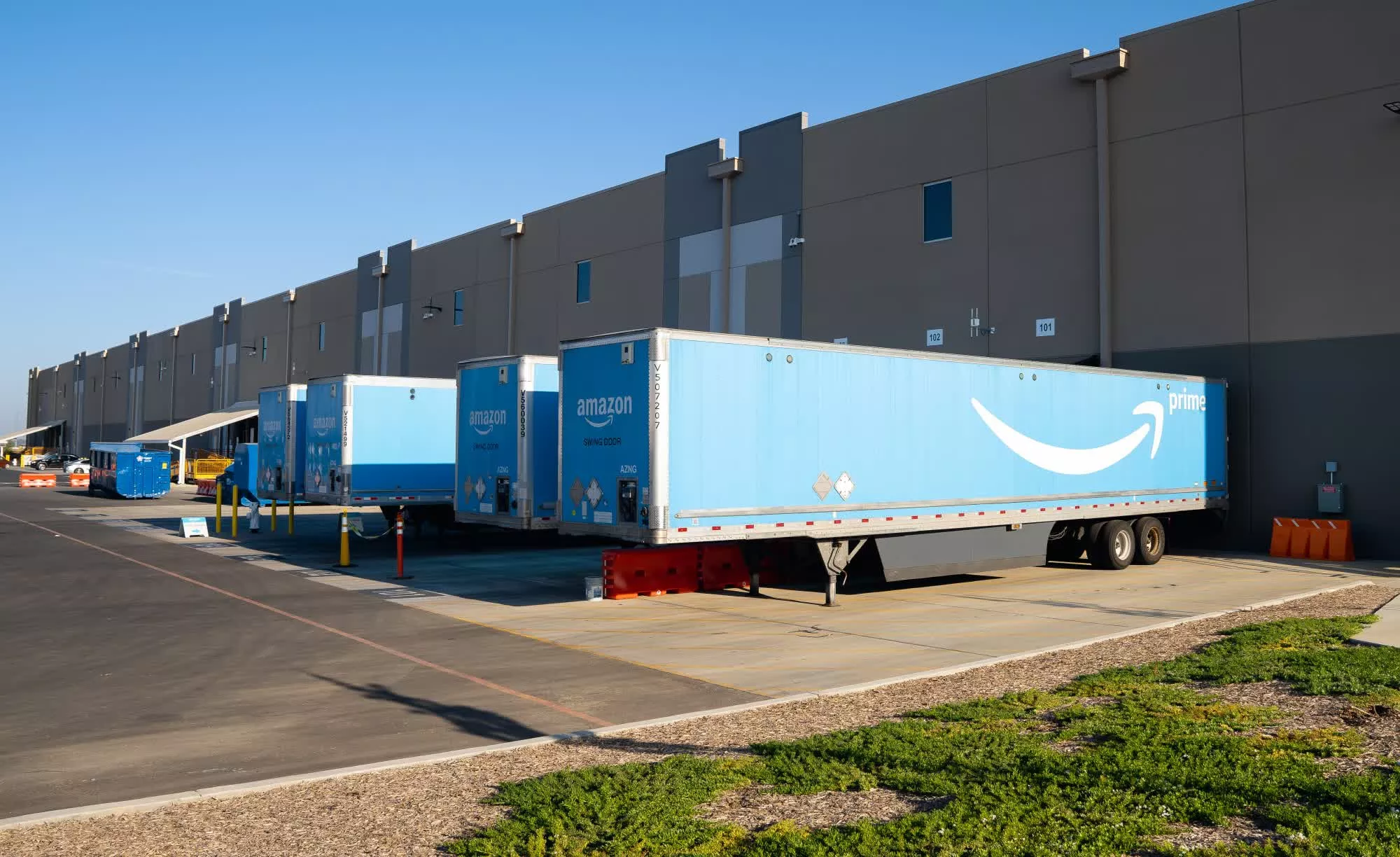A hot potato: Amazon's position at the top of the e-commerce market is one it wants to keep, even if – according to a new report – that means engaging in some sneaky tactics. The tech giant is said to have started a company so it could sell items on competitors' marketplaces to better understand how they ran their businesses - or to spy on them, to put it another way. Amazon, of course, disputes parts of the report.

Amazon set up a company called Big River Services in 2015 that sold items such as t-shirts, shoes, and beach chairs, writes The Wall Street Journal, part of Project Curiosity, a program designed to compare rival businesses against Amazon's own.
Big River's items were bought and sold on Best Buy, Overstock, and Walmart. It also joined FedEx, UPS, and other logistics services.
Amazon employees at Big River were told to take screenshots or photos of competitors' pricing, cataloging, and advertising systems, they were even sent to rivals' conferences to learn "exclusive information," the WSJ writes.
The Big River staff were told to hide their association with Amazon, minimizing the number electronic records. The Journal writes that Amazon executives had to view printed versions of reports and weren't allowed to keep them. The employees also used non-Amazon email addresses when communicating with other companies.
Amazon reportedly wanted to ensure the company and employees said the right thing should Project Curiosity ever be uncovered. An Amazon internal crisis management paper told workers to repeat the line, "We make a variety of products available to customers through a number of subsidiaries and online channels," if they were confronted.
There were a few signs that Big River and Amazon were connected. Employees of the former listed Amazon as their employer on their LinkedIn pages. There was also Big River's Japanese streetwear brand, called "Not So Ape," listing a Seattle address on its webpage. Furthermore, Big River's registration documents to the Washington Office of the Secretary of State included the address for Amazon's headquarters. The name Big River is a pretty big hint, too; it may as well have been called Strong Female Warrior.
Not So Ape clothing
Amazon has responded to the Wall Street Journal story by telling Quartz that Project Curiosity, which had a name change to Small Business Insights, is used to better understand how third parties experience its own platform more so than its rivals'. Amazon says this is evidenced by the fact that 70% of Big River's revenue comes from Amazon Stores rather than competitors. The company also told Business Insider that benchmarking, a term used for comparing a company to its competitors, is a common industry practice.
The reason Big River was a secret was to ensure that its team had real-world experience as a small business would through its interactions, Amazon said. It added that it had not identified any instances of an Amazon employee having FedEx pricing information prior to the launch of FedEx Fulfillment or using the information to adjust its pricing or pricing discussions with any sellers.
Amazon denies reports it started a business just to spy on rivals


